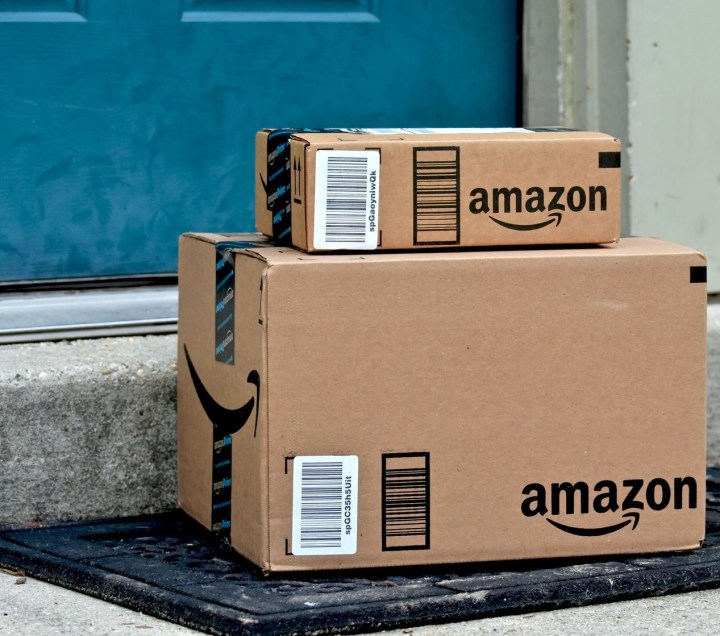
Amazon is expected to begin testing SWA in Los Angeles within the next few weeks, the Journal’s sources report. Third-party sellers who offer their goods on Amazon will have the option of using the new service, but eventually, SWA should be accessible to other businesses as well. Of course, in order to entice customers to actually use the service, Amazon is planning on offering very competitive pricing when compared to UPS to FedEx, though exactly how that pricing structure will work is as of yet unclear.
The service doesn’t necessarily come as a surprise. Since last year, reports have circulated around the possibility of Amazon launching such a venture, as the company has long sought a way to completely own the entire online buying and selling process from start to finish. In fact, Shipping With Amazon has previously been tested in London, so there is precedent for this initiative.
Amazon has previously leased aircraft, looked into ocean liners, and established its very own network of drivers to help fulfill delivery. As the Journal notes, Amazon is already responsible for shipping its own orders in at least 37 U.S. cities. With SWA, however, this figure ought to increase throughout the year.
The service ought to be quite straightforward — Amazon will send drivers to retrieve packages from warehouses and businesses, and then will deliver these shipments whenever possible. Of course, there will be some areas outside Amazon’s delivery reach (at least for the time being), and when that occurs, the U.S. Postal Service and other carriers will be asked to complete the last miles of the journey.
As an Amazon spokesperson noted in a statement, “We’re always innovating and experimenting on behalf of customers and the businesses that sell and grow on Amazon to create faster lower-cost delivery choices.”
Editors' Recommendations
- Amazon’s Scout robot appears to have made its last delivery
- FedEx hopes to add antimissile lasers to its cargo jets
- Amazon’s latest purchase aims to speed up your deliveries
- Walmart takes on Amazon Prime with new subscription service
- Amazon’s same-day delivery service speeds up for some folks


